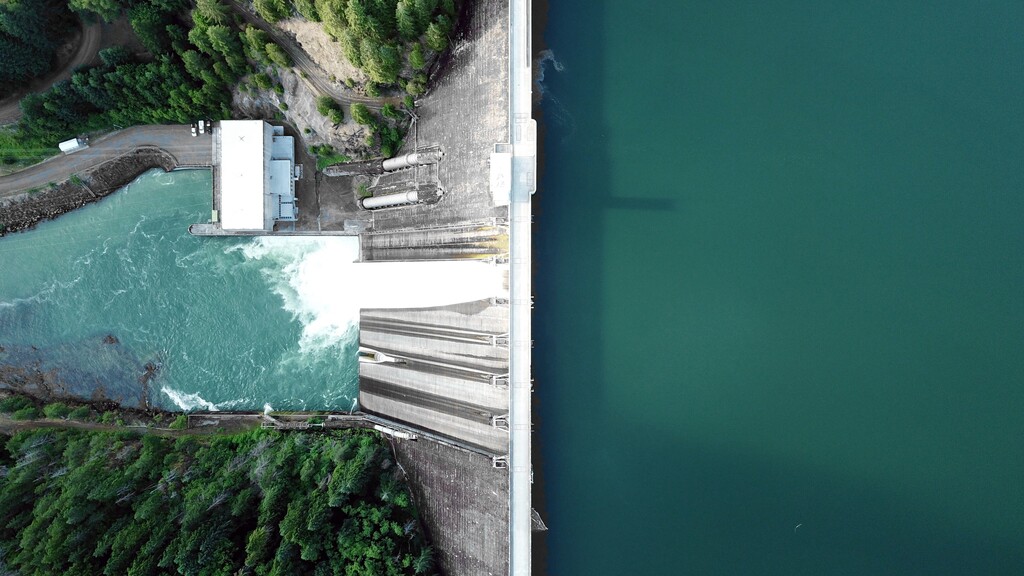

Natural resources are divided into renewable and non-renewable resources. Renewable resources are those that are inexhaustible in time or have a very fast renewal rate. Examples are wood for the production of furniture or agricultural products such as vegetables and fruit as food. Non-renewable resources occur naturally on Earth in limited quantities, but regenerate too slowly for their current level of use. Examples include fossil fuels such as coal, oil or natural gas, and construction minerals for building houses or roads.
If natural resources are consumed faster than they can be regenerated and their regenerative capacity is thus overstretched, this is known as overexploitation. Overexploitation occurs, for example, through overgrazing or overfertilisation of agricultural land, overhunting of wildlife, overfishing of the world's oceans, overexploitation in mining and of forests, and emissions of pollutants. The use of our natural resources already exceeds the earth's regenerative capacity in some cases.
The amount that humanity uses to produce goods and services is constantly increasing. Around 60 billion tonnes of resources are extracted from nature by humans worldwide every year - around 50% more than 30 years ago. If the current trend continues, it could be that resource extraction will have grown to 100 billion tonnes per year by 2030. A development that is neither possible nor sustainable in view of the expansion of resource-intensive economic models of highly developed countries to other states.
Almost half of the resource extraction takes place in Asia, followed by North America with almost 20% and Europe and Latin America with 13% each. The figures for resource consumption, on the other hand, are different. Inhabitants of rich industrialised countries consume 15 to 35 tonnes of raw materials annually. They thus consume up to ten times more natural resources than poorer countries, mainly in the global South. So while a large part of resource use takes place in industrialised countries, less developed countries are more affected by resource extraction and thus often disproportionately affected by the environmental and social impacts of resource extraction.
We are already consuming more natural capacity on Earth than our global ecosystems can provide. Calculations of the ecological footprint, for example, show that the world today already consumes around 70% more than global ecosystems can provide in a sustainable way. This is evident in many ways: freshwater reserves are shrinking, drinking water and the air are becoming polluted, forests are declining, fertile soil is being destroyed, numerous animal and plant species are becoming extinct and greenhouse gas emissions are changing our climate. The very global ecosystems and ecological services that provide us with resources are being destroyed.
Due to the growth of the world's population, continued resource consumption by industrialised countries and increasing consumption by current emerging economies, the demand for natural resources is projected to continue to increase worldwide in the future.
In order to be able to operate sustainably and not overexploit natural resources, there are essentially only three options:
In order to continue living on our planet, our lifestyle must become more sustainable. We need to protect the resources of our lives and the fragile ecosystems of our planet. Everyone can help to stop the overuse of natural resources, for example, by reducing consumption.
Sources: